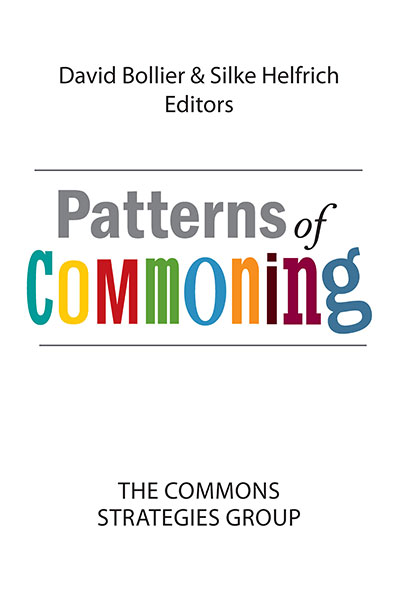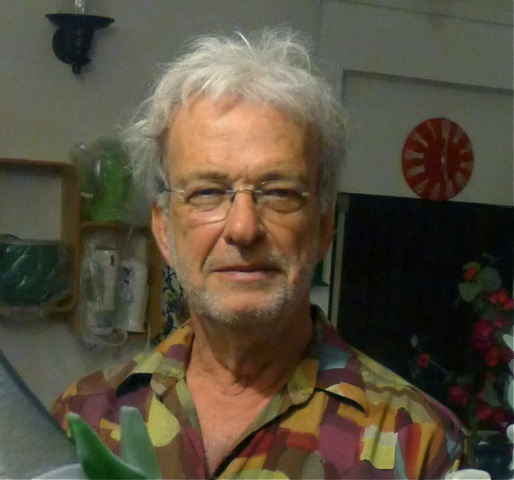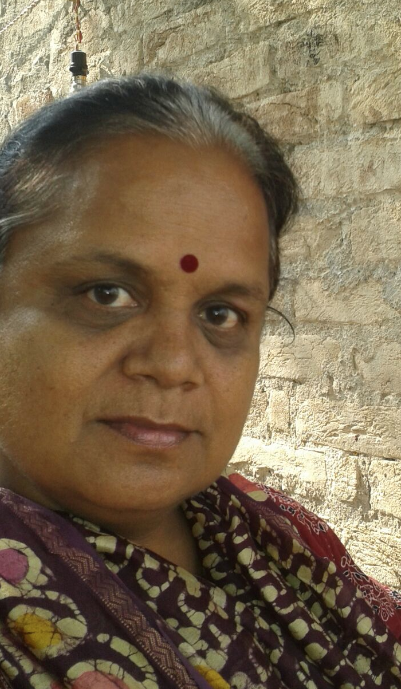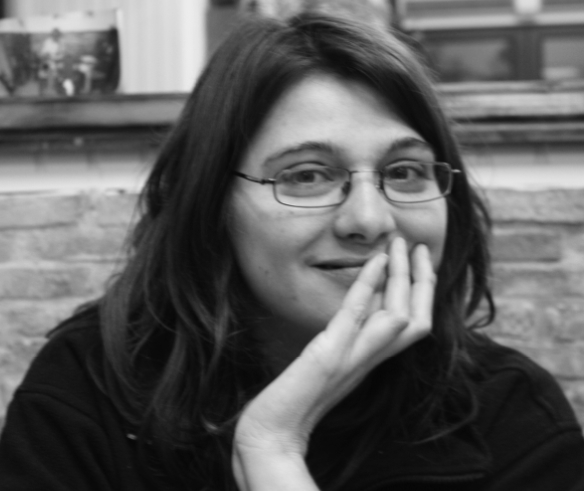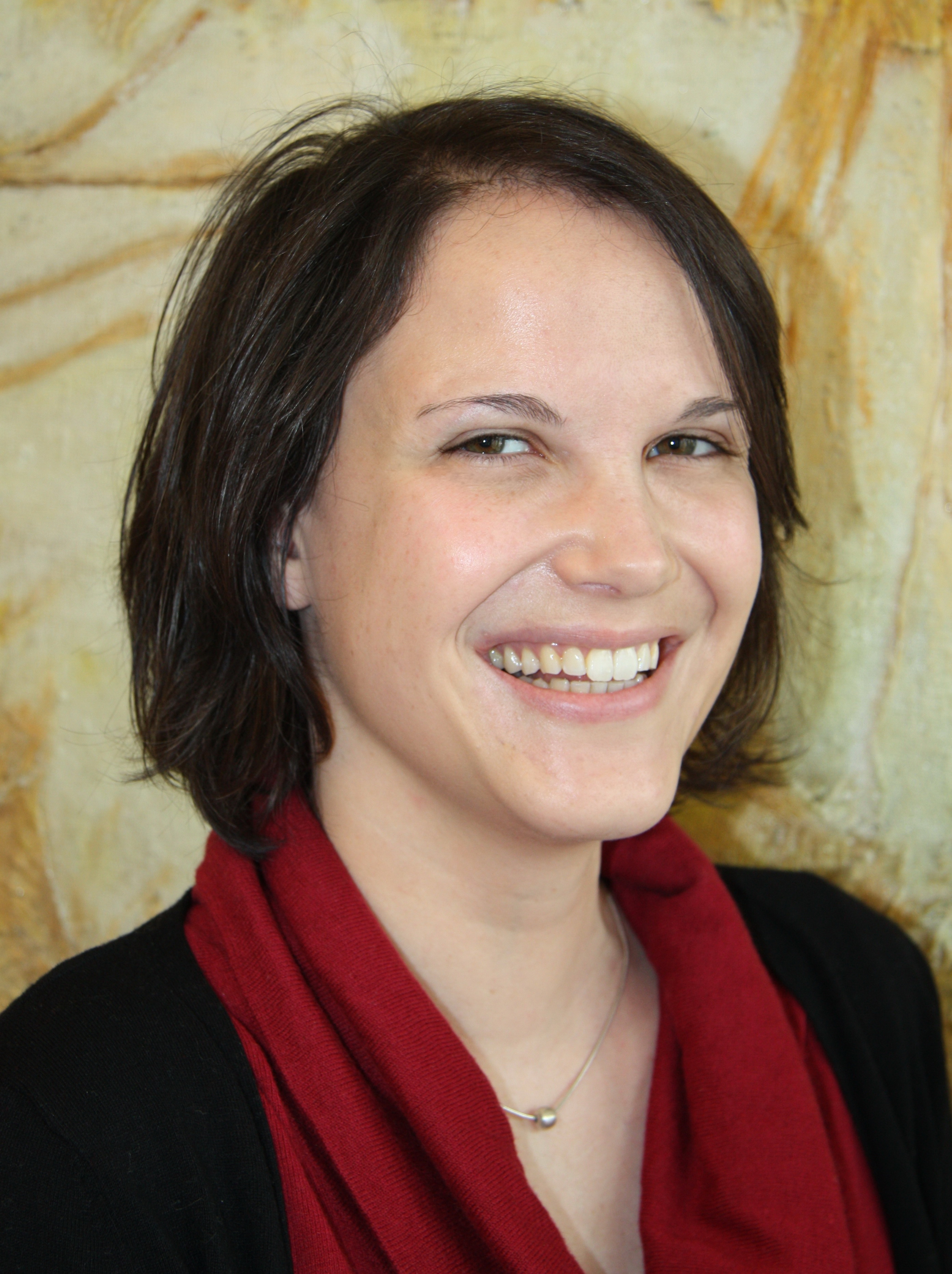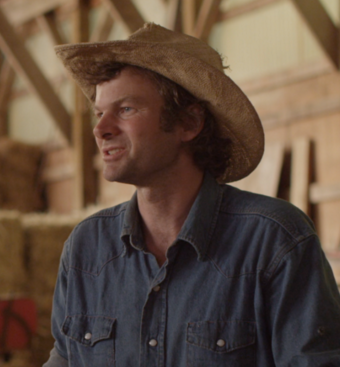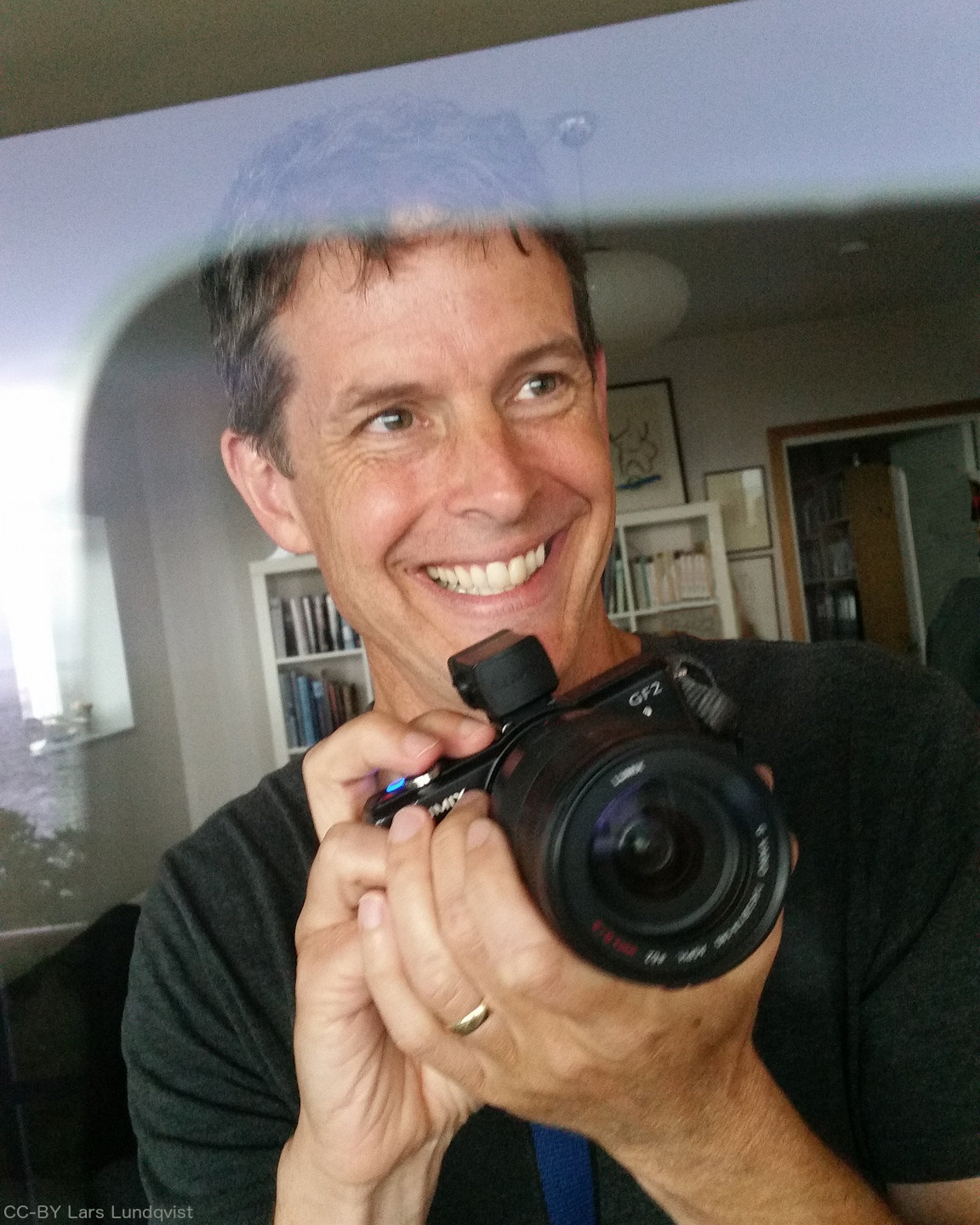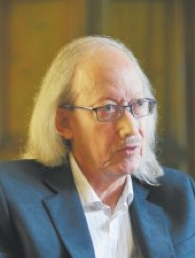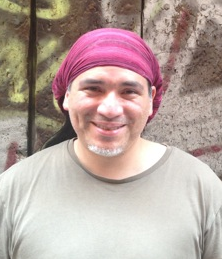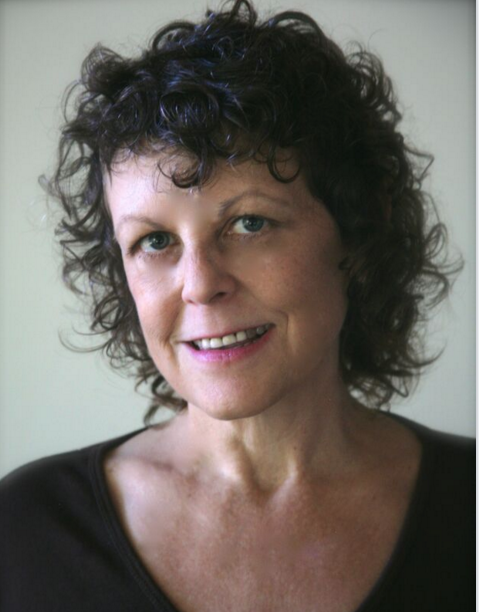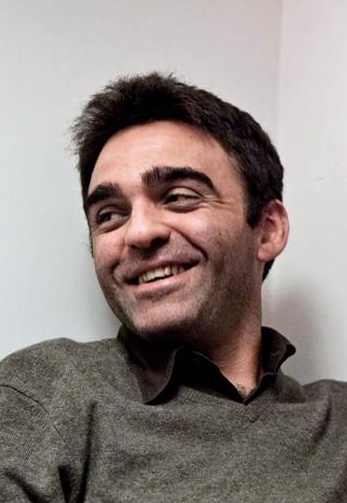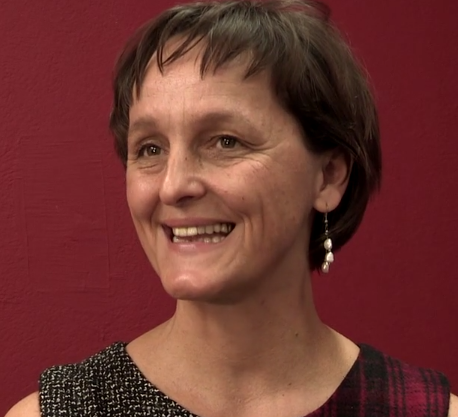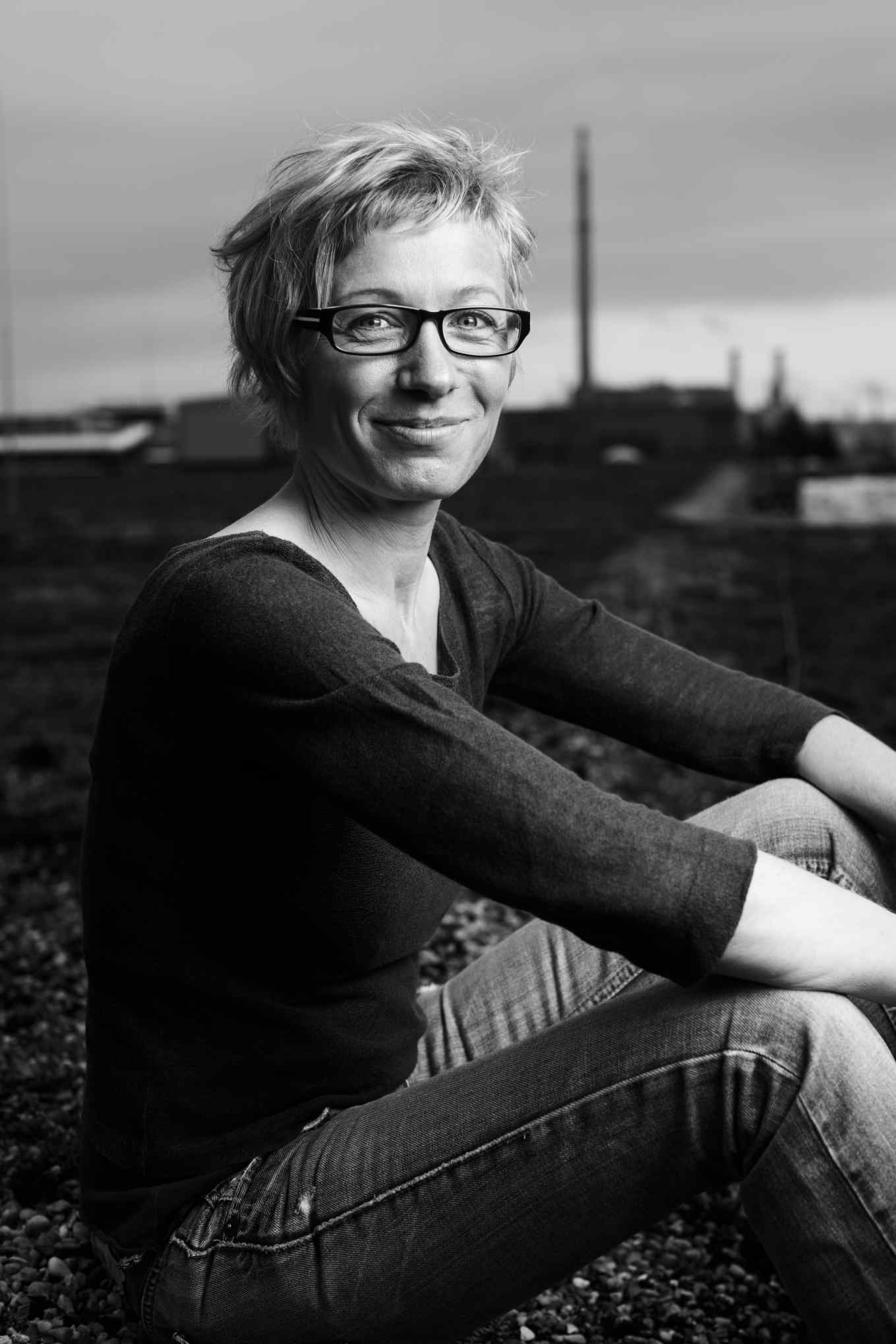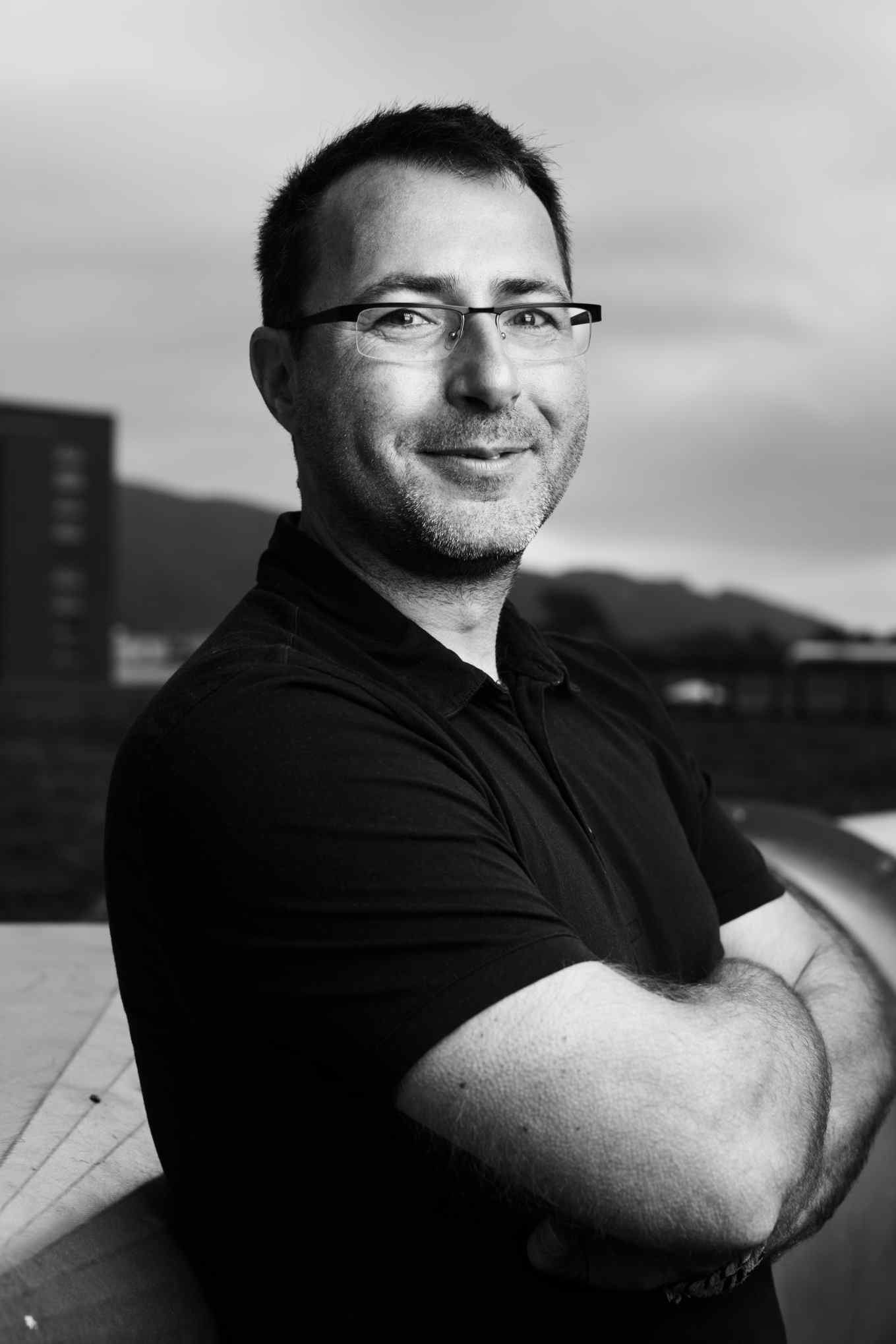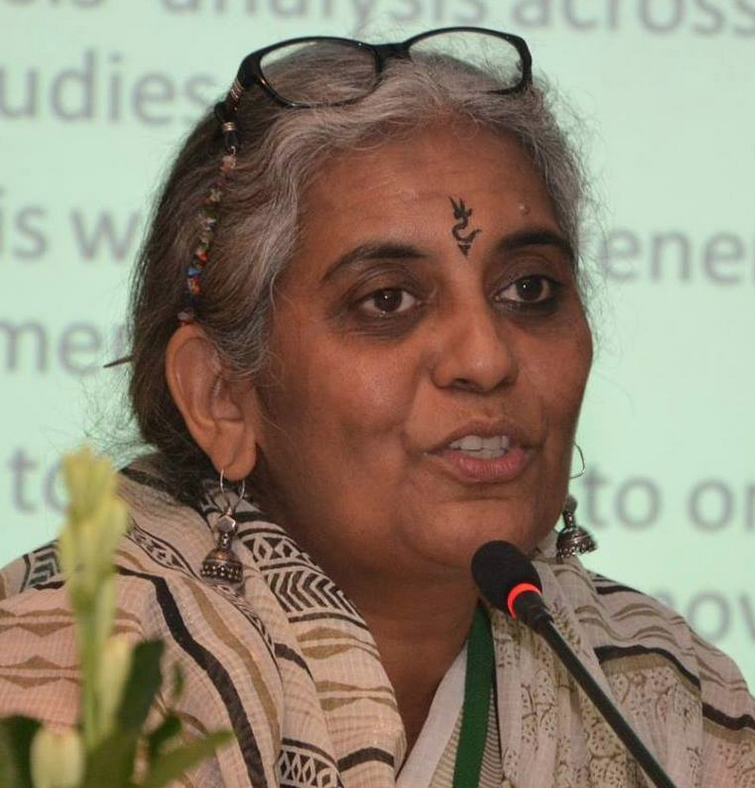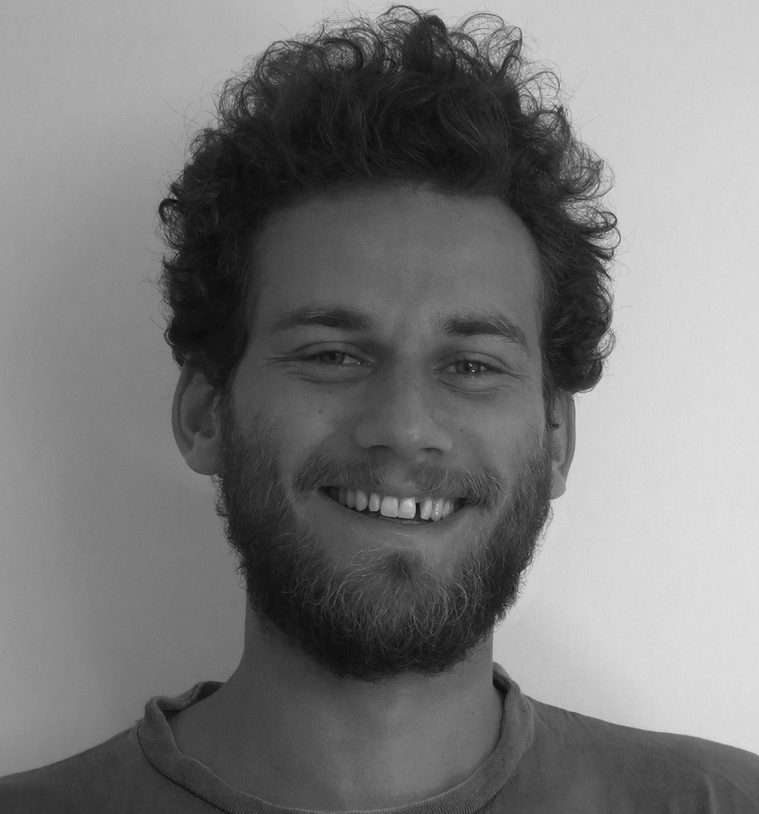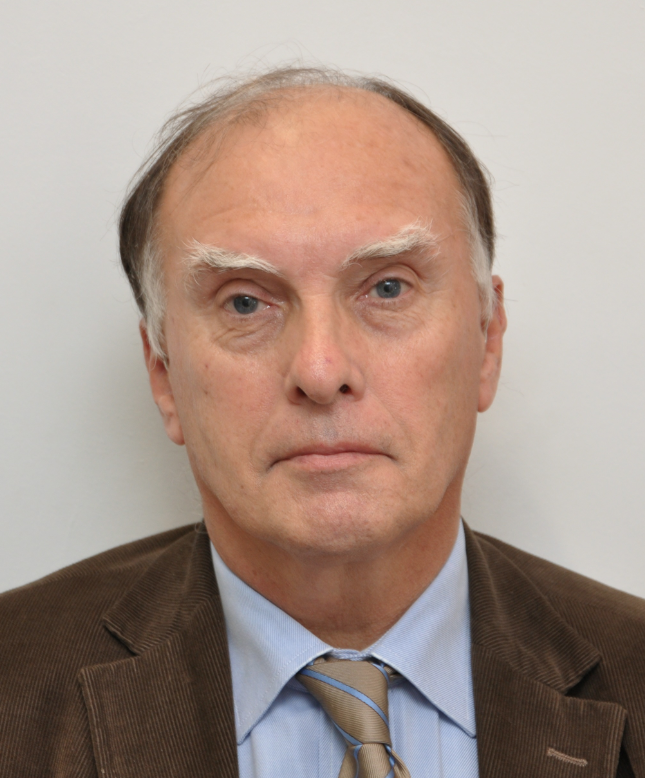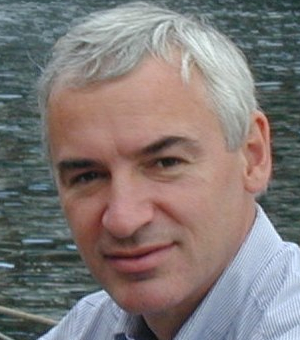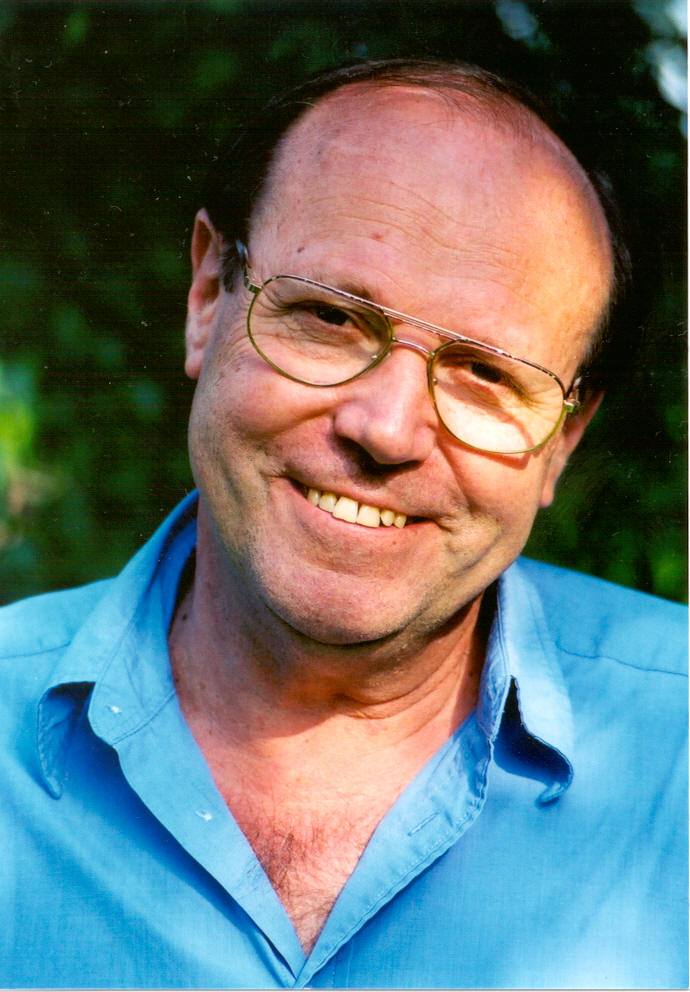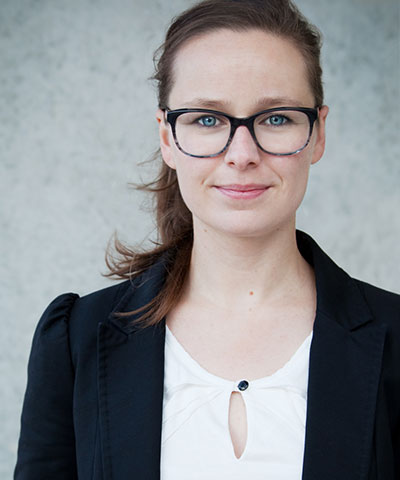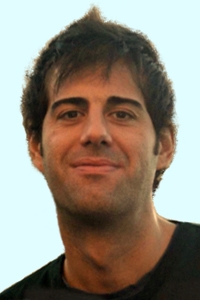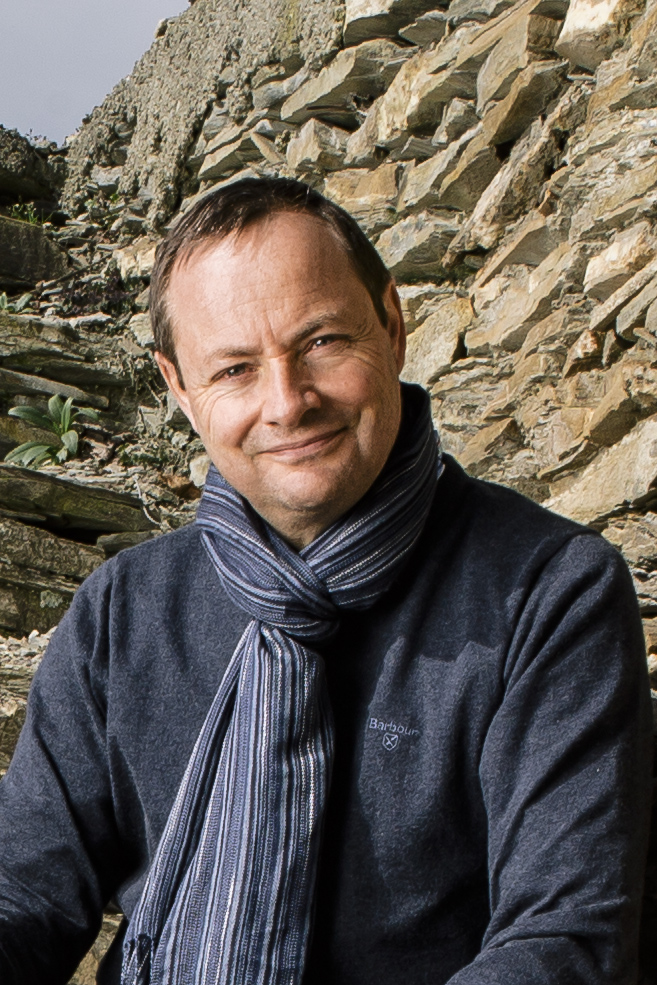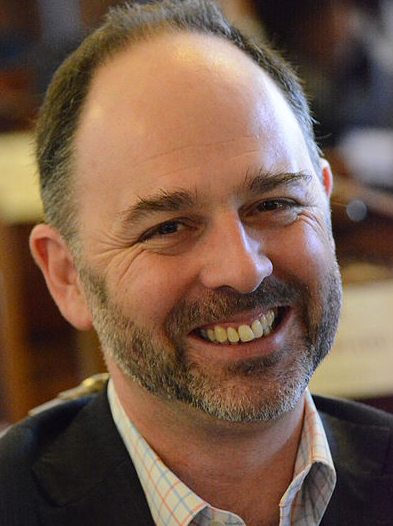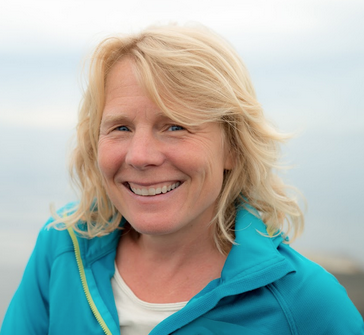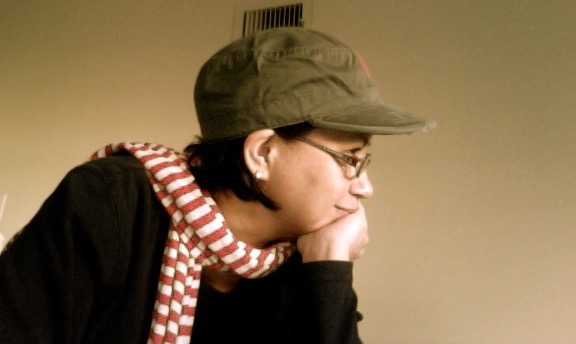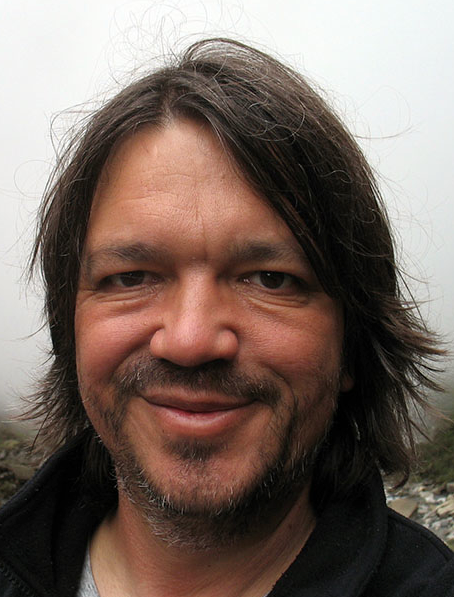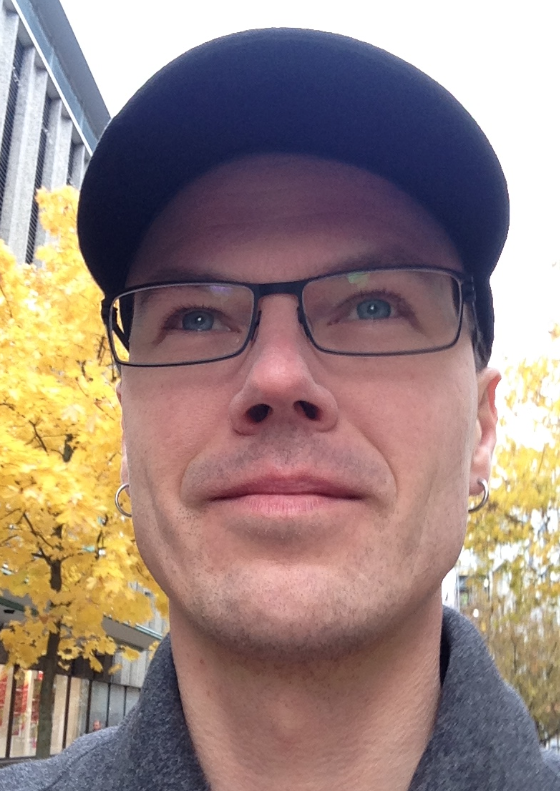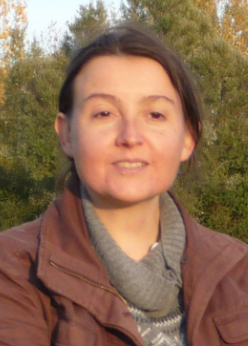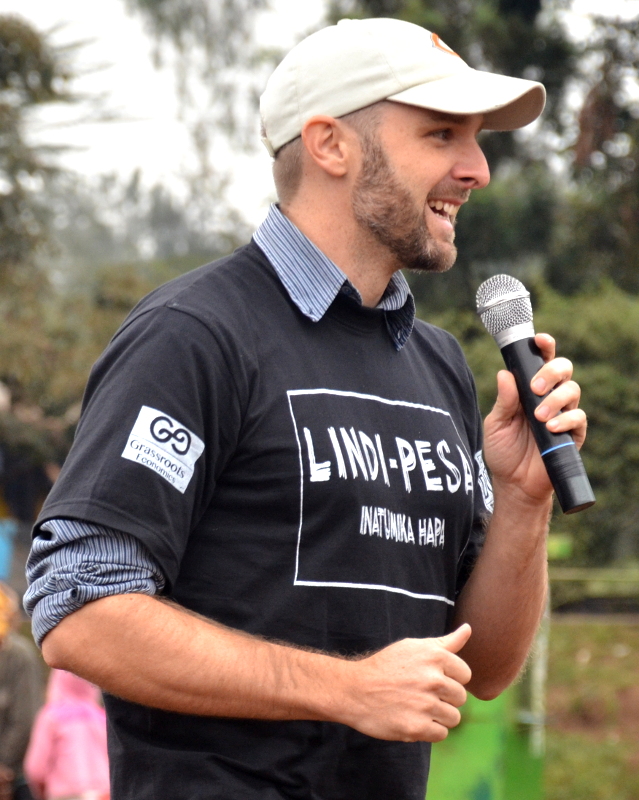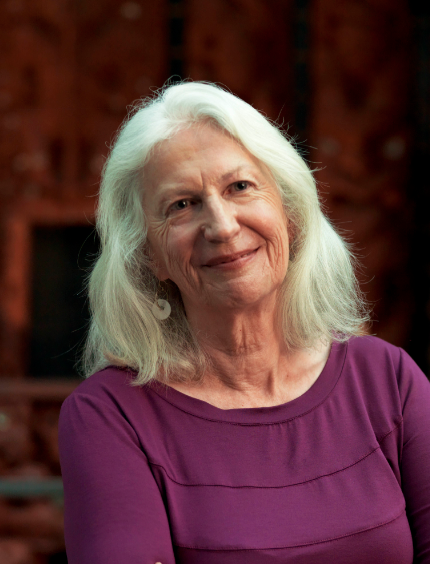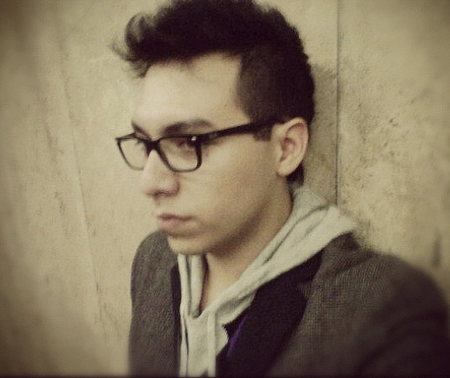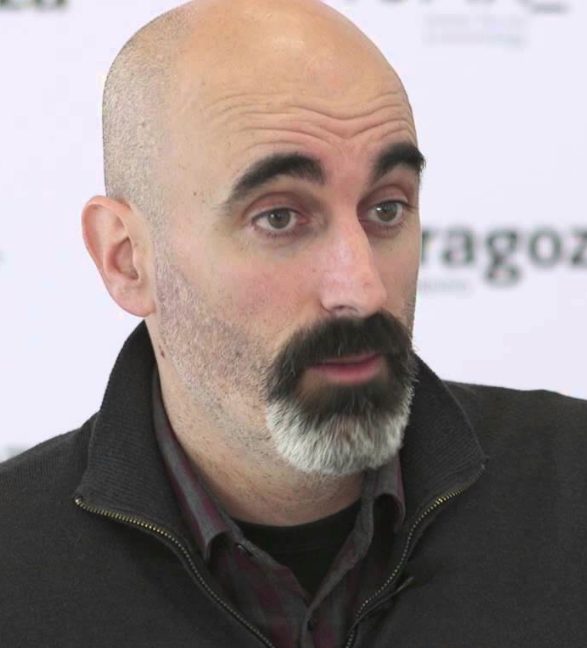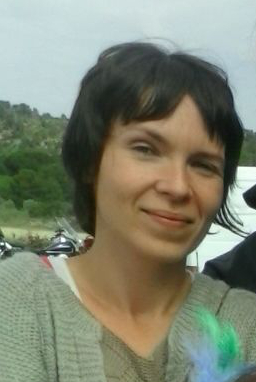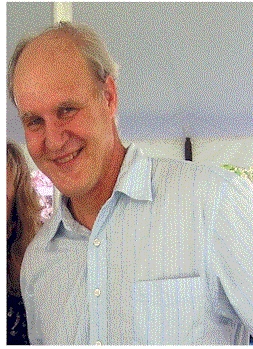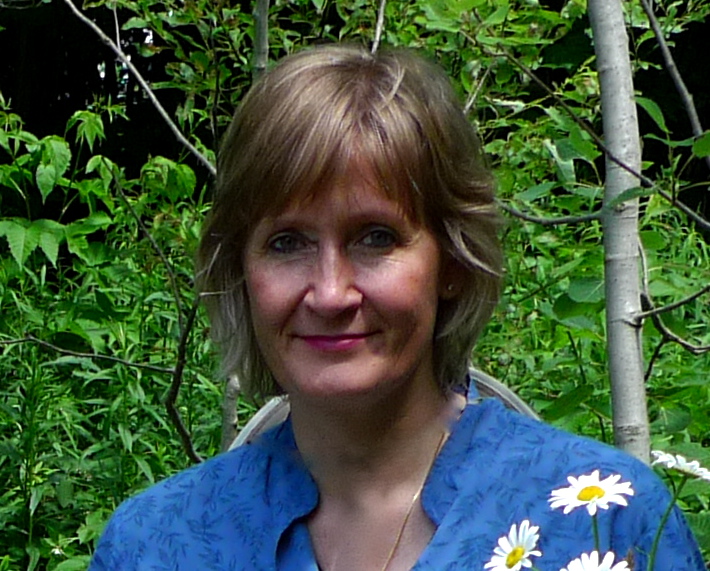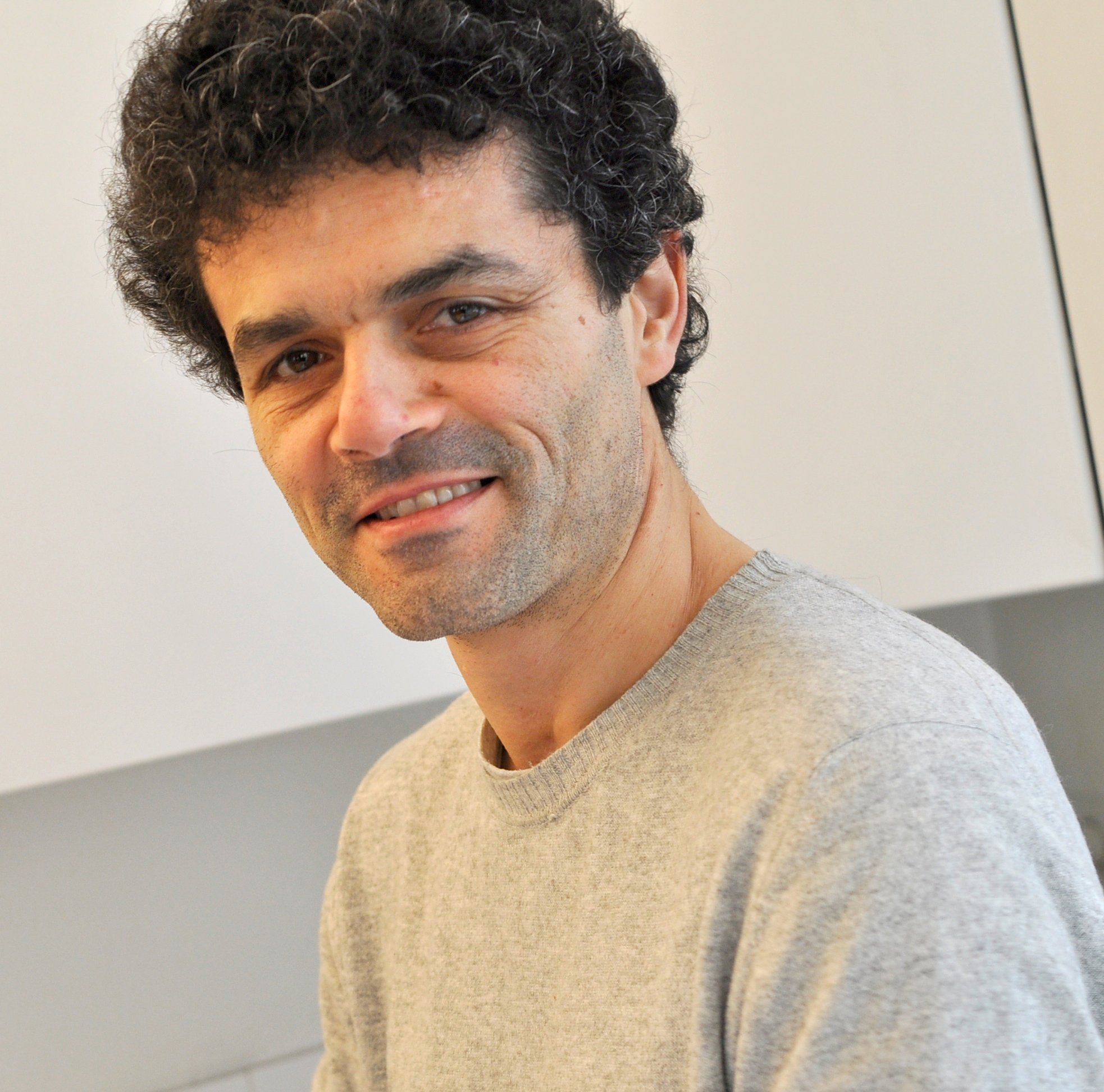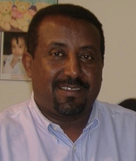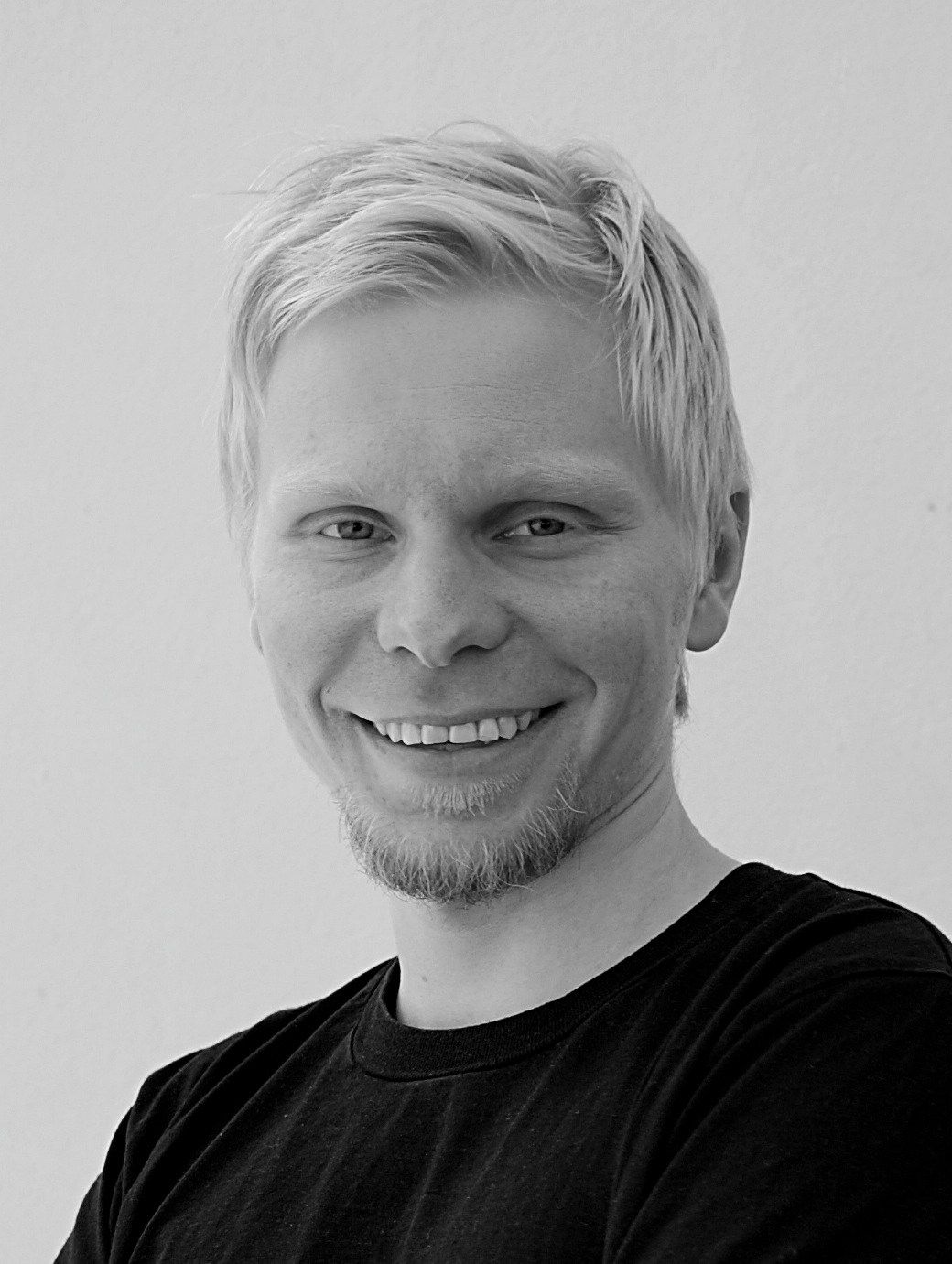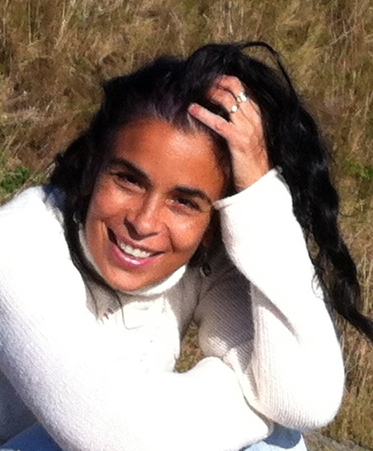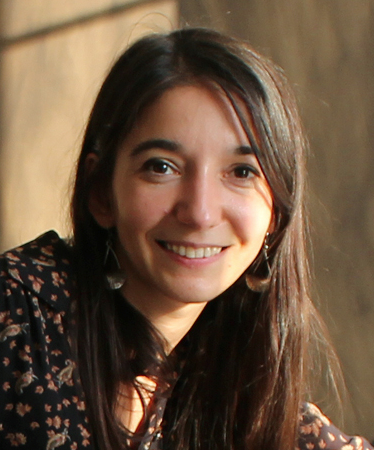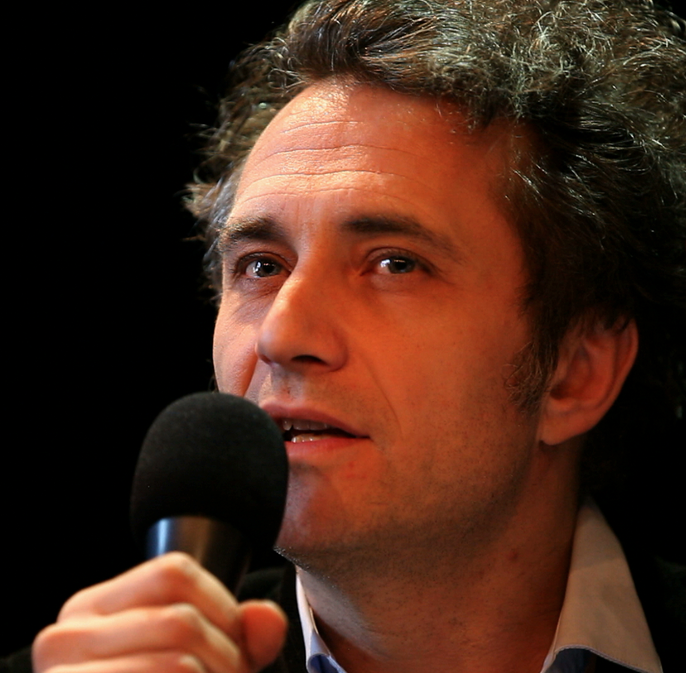Alain Ambrosi (Canada) is a designer and producer of intercultural projects, independent researcher, author, videographer and producer of the Remix The Commons Project.
Patterns of
COMMONING
Medialab-Prado: A Citizen Lab for Incubating Innovative Commons
By Marcos García
Medialab-Prado is a citizen laboratory in Madrid that hosts a great diversity of commons-based innovation. Through its workshops, collaborative teams, classes and public events, Medialab has enabled the development of open design hives for urban beekeeping,1 sponsored collaborative translations of books,2 and assisted development of experimental video games.3 It has invited anyone who is interested to help develop a new data visualization for air quality in Madrid4 and a new citizen network of sensors to collect the data.5 It has hosted research teams that have produced a new typography font6 and designs for a massive LED screen as a vehicle for urban art and commentary.7
It may seem odd to think that passionate amateurs, open source hackers, various professionals and ordinary citizens could actually collaborate and produce interesting new ideas. But that is precisely what Medialab-Prado has succeeded in doing in the last eight years. It has invented a new type of public institution for the production, research and dissemination of cultural projects. It is committed to exploring collaborative forms of experimentation and learning that are emerging from digital networks, especially those practices that enact the commons such as free software, hacker ethics, the Internet as an open infrastructure and peer production dynamics. Medialab-Prado serves as a municipal cultural center that promotes commons-based research, experimentation and peer production, especially through its “Commons Lab.”
The model is quite simple: Medialab-Prado acts as a platform where anyone who has an idea can meet other people and form a work team to develop and prototype the idea. Projects developed at the lab vary immensely, as the list above suggests.
The beauty of the Medialab-Prado process is the inclusive invitations to anyone with the knowledge, talent or enthusiasm to develop a new idea. Through different kinds of open calls for proposals and collaborators, teams are often formed to develop projects in production workshops. Each group is an experiment itself in team- and community-building as it blends people with different backgrounds (artistic, scientific, technical), levels of specialization (experts and beginners) and degrees of engagement. Each group, overseen by the promoter of the project, needs to self-organize and arrange the rules and protocols by which the contributions of participants will be incorporated or rejected, and with what types of acknowledgments. This is why Medialab-Prado has been sometimes defined as an incubator of communities – and commons.
At the heart of Medialab-Prado’s “innovation hosting” of projects is its commitment to free software tools and free licensing. This facilitates the local participation of those that want to contribute to the common good. It facilitates online participation as well, and also in the proper documentation of projects, which is crucial in replicating them elsewhere and in tracking the reasons for the success, failure and procedures of commoning experiments.
Since its creation in 2007, the Commons Lab has evolved from a seminar in which members’ unpublished working documents on the commons were discussed, to an open laboratory that invites the participation of any collaborator, including amateurs, academics and professionals, who wish to join a project.
The Commons Lab has been remarkably productive. Its projects include Memory as a Commons,8 which explore the collective creation of shared memory during conflicts; guifi.net Madrid,9 which imagined and produced a local telecomunications wifi infrastructure that works as a commons; Commons Based Enterprises, which examines recent models of business management that have made contributions to the commons;10 and Kune, a web tool to encourage collaboration, content sharing and free culture.11
Besides such projects, the Commons Lab has hosted many public debates on commons-related themes involving cities, rural areas, digital realms and the body. It has also made public presentations about projects such as Guerrilla Translation, a transnational curator and translator of timely cultural memes,12 and Mapping the Commons, a “research open lab on urban commons.”13 Guerrilla Translation is a P2P-Commons translation collective and cooperative founded in Spain. It consists of a small but international set of avid readers, content curators and social/environmental issue-focused people who love to translate and love to share. The group seeks to model a cooperative form of global idea-sharing, by enabling a platform and method for opening dialogues. Guerrilla Translation does not rely on volunteers, but on building an innovative cooperative business model which “walks the talk” of much contemporary writing on the new economy and its power to change.14
Since moving to a new venue in 2013, the Commons Lab has been less active, even as commoning practices and the commons paradigm have played an increasingly important role in other lines of work and projects at Medialab-Prado. In the near future, the Commons Lab is going to reinvent itself as a project and pull together a history of its achievements to date and comprehensive and introductory material for the general public on the commons theory and practice.
Through public policies and institutions that incubate new commons projects, and enable civil society to create value directly, the commons paradigm may allow us to reinvent public institutions. It can engage people more directly, developing their capacities and participation, and providing accessible open infrastructures that require what anthropologist and free software scholar Christopher Kelty calls “recursive publics” – “a public that is constituted by a shared concern for maintaining the means of association through which they come together as a public.”15
Medialab-Prado, as a public institution that is part of the Arts Area of Madrid City Hall, tries to advance this point of view. It tries to learn from commons-based practices and apply them in the public realm – sometimes succeeding, and sometimes not. But as an organization committed to commons as a model of governance, Medialab-Prado regards its workshops, convenings and events as an indispensable way to continue this important exploration.
Marcos García (Spain) is Director of Medialab-Prado, an initiative of Madrid City Hall devised as a citizen laboratory for the production, research and dissemination of cultural projects.
- https://medialab-prado.es/article/colmenasurbanas
- https://medialab-prado.es/article/floren_cabello_laboratorio_del_procomun
- https://medialab-prado.es/article/playlab_experimentacion_con_videojuegos
- https://www.intheair.es
- https://medialab-prado.es/article/air_quality_egg
- https://medialab-prado.es/article/from_stone_to_spaceship
- https://programalaplaza.medialab-prado.es
- https://medialab-prado.es/article/memoria_procomun
- https://madrid.guifi.net
- https://www.colaborabora.org/proyectos/empresas-del-procomun
- https://kune.ourproject.org
- https://guerrillatranslation.com/en
- https://mappingthecommons.net/en/world
- https://www.guerrillatranslation.com
- Kelty, Christopher, Two Bits, The Cultural Significance of Free Software. Durham, NC: Duke University Press. 2008, at https://twobits.net/read.
